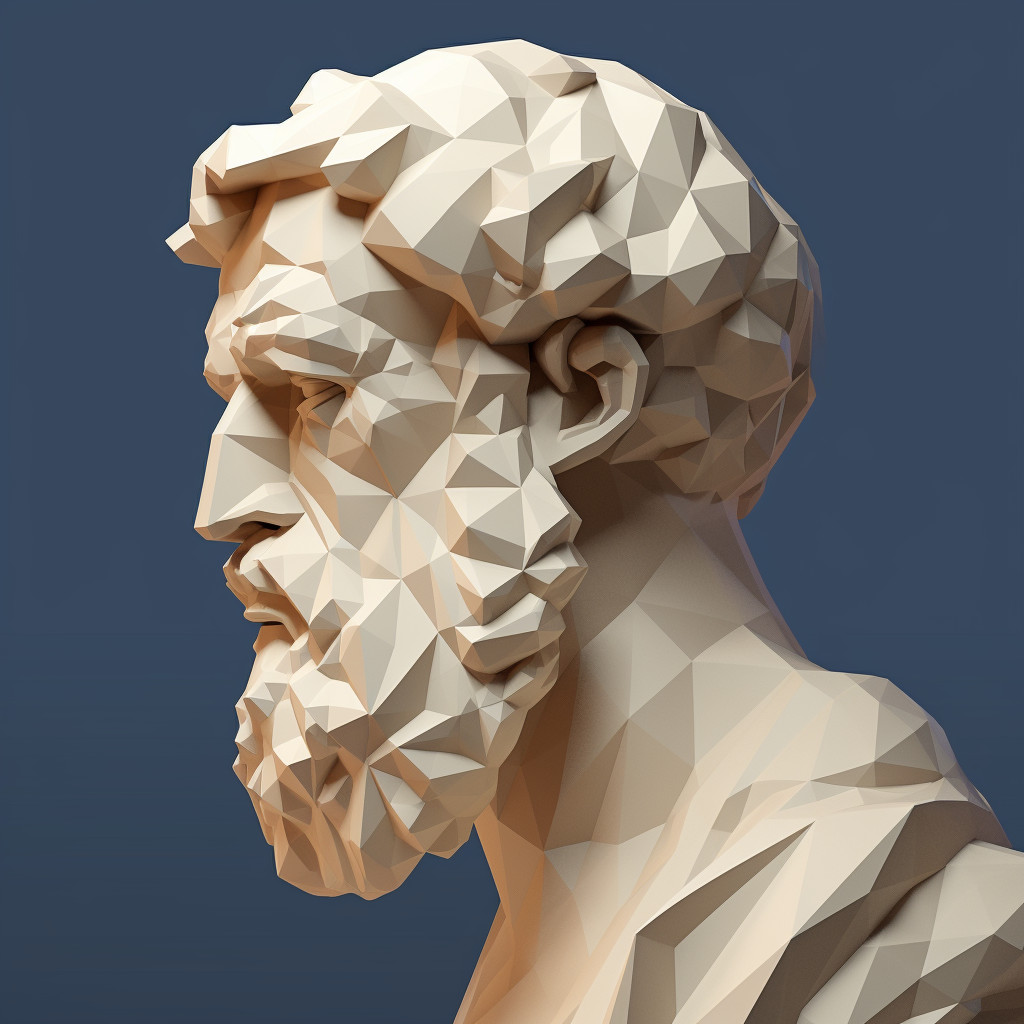The quote “God and nature create nothing that does not fulfill a purpose” by Aristotle suggests that everything in the universe, whether it’s a living being or an inanimate object, has a purpose or role to play. This is a reflection of teleological thinking, a philosophical concept that proposes everything in the universe is created with a final cause or purpose in mind.
In the context of nature, this could mean that every plant, animal, and even every natural phenomenon like rain or wind, serves a specific purpose in the ecosystem. For instance, bees pollinate flowers, which is essential for plant reproduction. Rain provides water for life to exist and thrive.
In terms of God or a divine entity, the quote suggests that every creation is with intent and has a role to play in the grand scheme of things. This could mean that every event, circumstance, or individual in our lives is there for a reason, contributing to a larger, divine purpose that may not always be immediately apparent to us.
Applying this to today’s world, we can consider technological advancements and societal structures. Every invention, from the wheel to smartphones, was created with a specific purpose in mind – to make life easier, to improve communication, etc. Similarly, societal structures like governments, laws, and social norms exist for the purpose of maintaining order and harmony.
In terms of personal development, this idea can be quite empowering. It suggests that each of us has a unique purpose or role to play in life. Recognizing this can inspire us to seek out what our individual purpose is, guiding our decisions and actions. This can lead to a more fulfilling and meaningful life.
However, it’s important to note that while this perspective can provide comfort and guidance, it can also be limiting if interpreted strictly. Not everything may have a clear, defined purpose, and that’s okay. Life is complex and unpredictable, and sometimes the beauty lies in the ambiguity and the journey of discovery.






